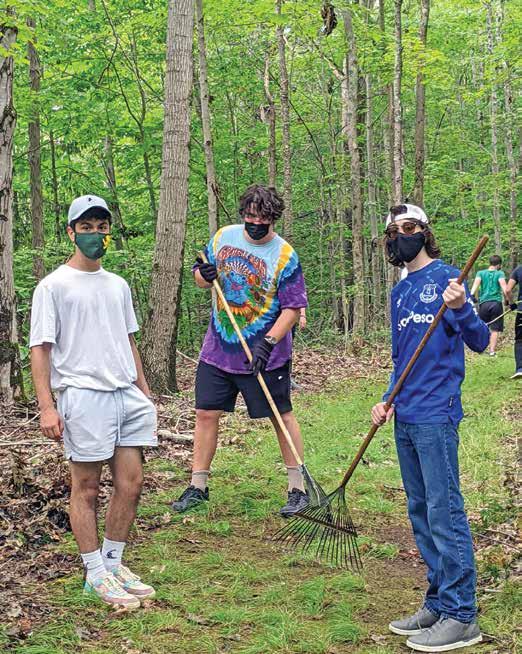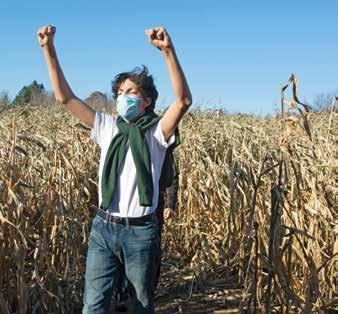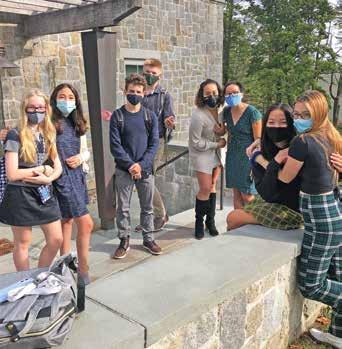Standing Against Racism Forman’s recent commitment to stand against racism is rooted in current events and underscores the School’s core values of truth, respect, and kindness.
Several years ago, Forman School decided to formalize its core values and sought to promote and support the basic governing principles that underscore every good community. These values were not in scarce supply on campus, of course, but a renewed emphasis on them, and how we treat each other, was considered a valuable and worthwhile effort. There were meetings and break-out groups gathered to discuss the best way forward with this initiative. Those deliberations resulted in a message on the School’s website: Inclusion Statement Forman School was founded on the principle that there is great value in differences. With that in mind, we are committed to sustaining an inclusive community environment that fosters understanding and awareness of variances in race, gender, sexual orientation, age, ethnicity, religion, socioeconomic status, geographical origin, physical ability, and family structure. Forman fundamentally believes that we become better people when we learn from and embrace others who have different experiences and perspectives from our own. Our community welcomes those whose hearts and minds are open to differences and value truth, respect, and kindness.
26
The words “Truth, Respect, Kindness” are often posted in dorms and in hallways in academic buildings. They are strong reminders of how to behave, and apply to any situation where leaders wish to correct or comment upon social behaviors. These values are also in play when rules are broken and discipline is required. It is hard to think of a transgression that does not relate to these vital, human ideals. In the spring of 2020, as the COVID-19 pandemic began to spread and gather a lot of attention, there were several news stories that captured the nation’s attention and shined a light on examples of how black people are still not treated equitably in this country, often by law enforcement officers. The deaths of George Floyd, Breonna Taylor, and Ahmaud Arbery in 2020 reminded everyone of the stories of Trayvon Martin, Eric Garner, and Philando Castile. The Black Lives Matter movement, which started in 2013, regained momentum and the summer saw protests all over the country, most of which were peaceful, but some led to vandalism and looting. Discussions of systemic racism and white privilege, and reactions to them, were taking place every day, on television, on radio, in podcasts, and in person.












